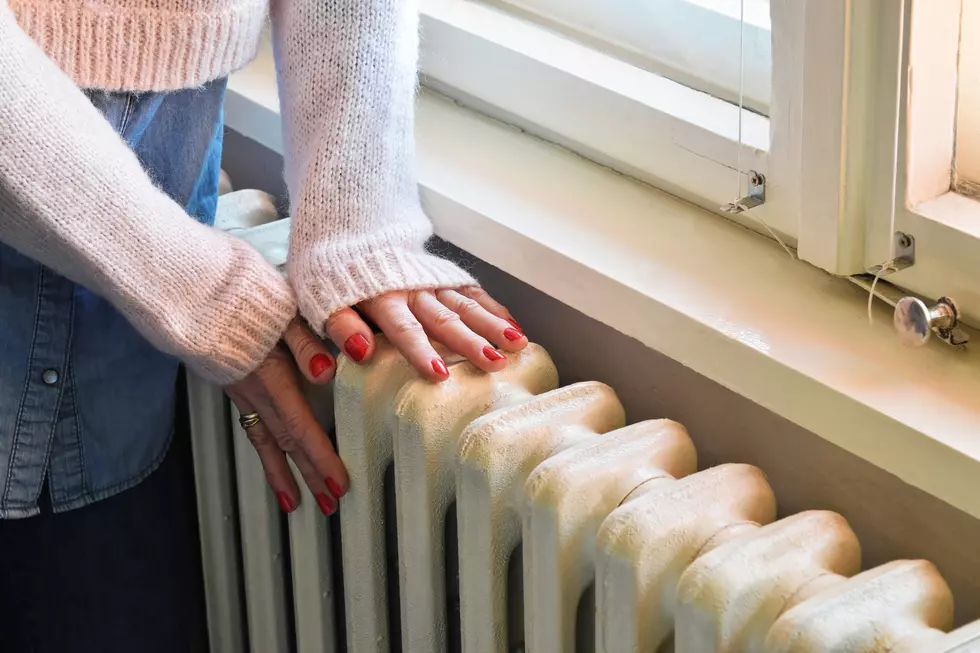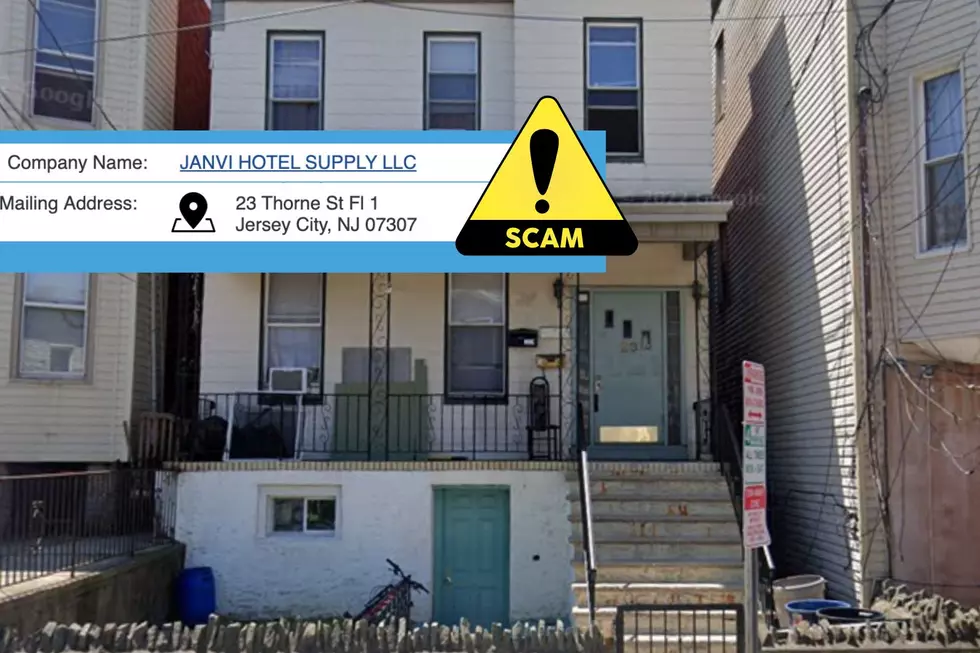
Baby defaced by scalding radiator — NJ Supreme Court backs landlords
JERSEY CITY — A nine-month-old infant rolled off his sister’s bed and got stuck against a scalding cast-iron radiator that scorched the skin and hair off his face and head. The baby was hospitalized in March 2010 with third-degree burns that left him with permanent scars.
The child’s parents sued the landlords — Robert and Maria Tagliareni — taking the case all the way up to the state’s highest court.
But in a split decision Wednesday, a majority of the state Supreme Court dismissed the case and held that landlords in New Jersey have no obligation to cover or insulate dangerous radiators in apartments.
At issue was a Department of Community Affairs regulation governing “heating systems” in buildings. The five-justice majority said that the regulation does not apply to the stand-up radiators in rooms.
But the court’s chief justice, in a dissenting opinion that was joined by one other colleague, said the rule isn’t all that clear, adding that landlords should be held accountable in cases like this because “common sense alone tells us that type of risk is reasonably foreseeable.”
The regulation states that “the heating system, including such parts as heating risers, ducts and hot water lines, shall be covered with insulating material or guard to protect occupants and other persons on the premises from receiving burns due to chance contact.”
The majority argued that the regulation was referring to the pipes leading up to the apartments, not the radiator at the end. They also pointed to a DCA inspector's testimony that landlords were never cited for not covering their radiators.
The Manhattan Avenue apartment in the Jersey City Heights had no thermostat, but the majority opinion concluded that because the tenants could shut off the valve of the radiator, “it violates a sense of fairness to hold a landlord liable for harm caused by an item in the tenant’s control.”
Chief Justice Stuart Rabner argued that the regulation does not exclude radiators from the definition of “heating system” and argued that being able to shut the valve is just an “illusion of control” because turning off the heat in winter is not an option. More importantly, he added, shutting off the steam valve would not stop the radiator from eventually heating up to temperatures of more than 200 degrees.
The DCA, which could have provided some insight on the regulation, declined to participate in the lawsuit. A spokeswoman for the agency did not immediately return a request for comment on Wednesday.
Rabner pointed to statistics showing that more than 10,000 people were hospitalized in the past decade in the country as a result of radiator burns. In 1975, a six-month-old twin in Trenton died after rolling off a bed and getting burned by a radiator.
“Landlords should have a duty to take reasonable steps to prevent the serious harm that scalding hot radiators can cause,” Rabner writes in his dissent. “A simple radiator cover, available at most home improvement stores for a modest cost, can prevent the foreseeable risk that countless apartment dwellers face. It can spare a child from being scalded and scarred.”
Rabner concludes his dissent with a suggestion that lawmakers amend the Hotel and Multiple Dwelling Law “to protect tenants, their families, and guests from serious injuries they will undoubtedly continue to suffer year after year.”
Rabner’s opinion was joined by Justice Barry Albin. Justice Faustino Fernandez-Vina wrote the majority opinion and was joined by Justices Jaynee LaVecchia, Anne Patterson, Lee Solomon and Walter Timpone.
Sergio Bichao is deputy digital editor at New Jersey 101.5. Send him news tips: Call 609-359-5348 or email sergio.bichao@townsquaremedia.com.
More From New Jersey 101.5 FM









